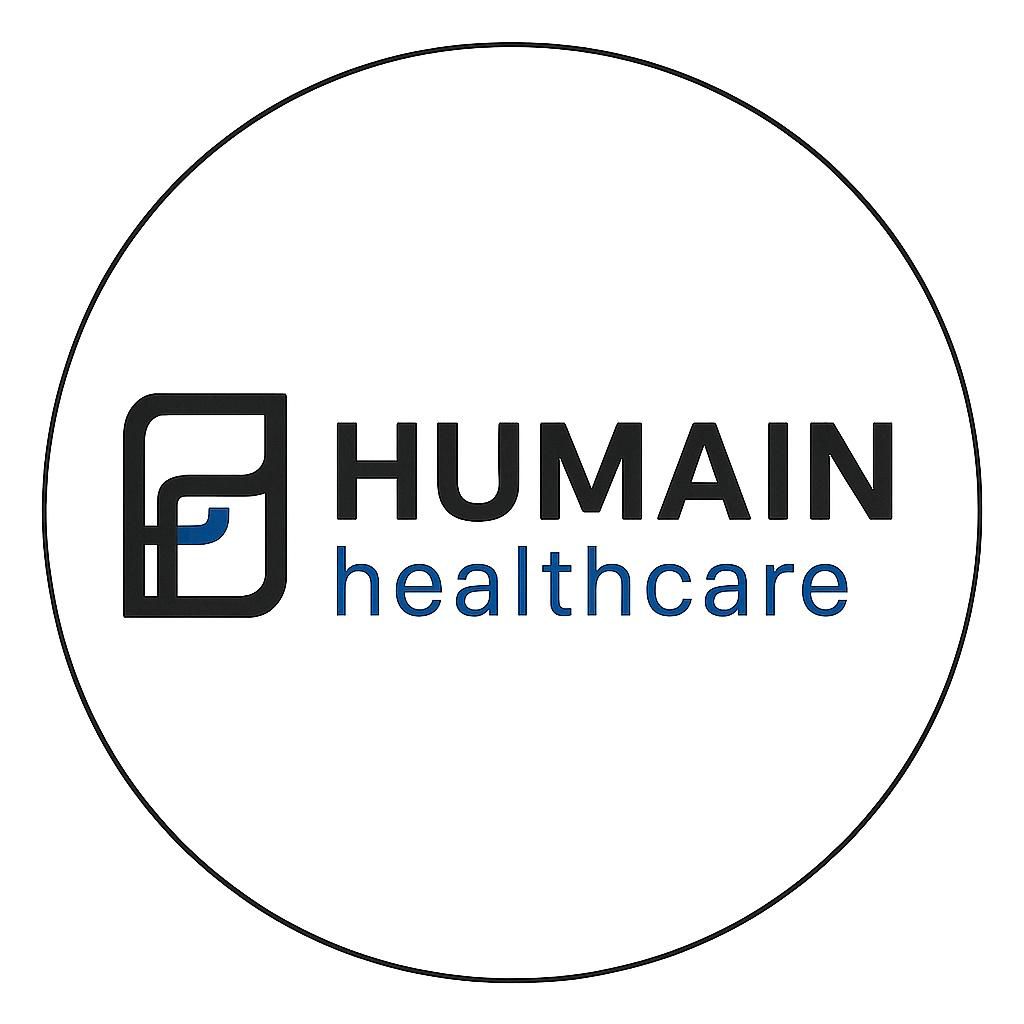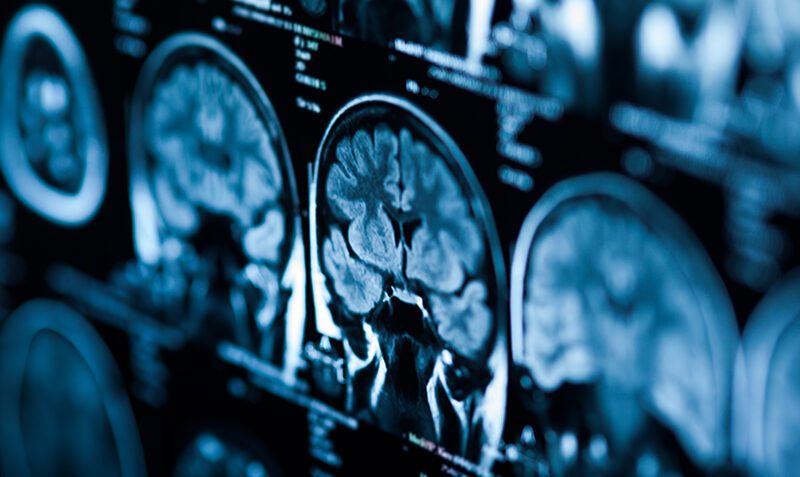London, July 21, 2025 – A new therapeutic approach for glioblastoma, the most aggressive primary brain tumor, is generating excitement in the medical community after the first complete remission was recorded following neoadjuvant treatment with ipilimumab (Yervoy). The patient, diagnosed in October 2022, has remained without evidence of disease for more than two and a half years, without requiring the initially planned surgery.
The NeAT-GLIO clinical trial, led by University College London Hospitals (UCLH), administers ipilimumab before radiotherapy and chemotherapy, with the aim of boosting the immune response in newly diagnosed patients. The initial case is that of 40-year-old Ben Trotman, who, after receiving immunotherapy and completing conventional treatment, showed complete tumor shrinkage on imaging, with no recurrence to date.
Preliminary Results and Clinical Outlook
Although still limited to a single case, the result is significant, given the extremely poor prognosis of glioblastoma, with a median survival of 9–12 months. Early intervention with ipilimumab aims to activate the immune system when the patient’s functional status is most favorable, before damage caused by other treatments occurs.
Brain cancer represents an urgent clinical need for innovative therapies: current options have barely advanced in decades. This initial success would pave the way for an expanded trial with 16 patients over 18 months, funded by British Parliamentarian Dame Siobhain McDonagh, who initiated the study in honor of her sister who died of glioblastoma.
Implications and Next Steps
– Paradigm shift: Applying neoadjuvant immunotherapy in glioblastoma could mark a milestone, reversing the traditional approach that reserves these treatments for more advanced stages.
– Replication of results: The expanded mini-trial will need to confirm whether the individual case can be replicated in a small, heterogeneous cohort.
– Remaining challenges: It will be vital to monitor toxicity, assess long-term response, and define markers that identify the patients most susceptible to this strategy.
Conclusion
While awaiting results in more patients, this case marks a hopeful milestone: neoadjuvant immunotherapy can transform the therapeutic approach to glioblastoma. If these results are confirmed, a new clinical path could be initiated for a tumor that has historically been invulnerable to treatments.

